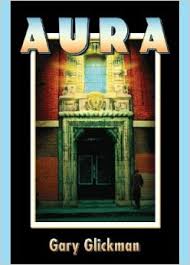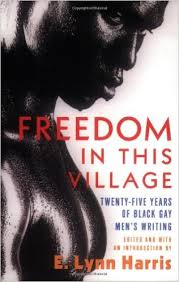 Aura
Aura
by Gary Glickman
Haworth, Southern Tier Editions
345 pages, $19.95 (paper)
Gary Glickman’s Aura follows the artistic and sexual exploits of a group of friends in New York, all in their early twenties, and a few of the friends and lovers they pick up along the way. The group includes Jane, a precocious novelist; Richy, a once-promising but faltering playwright; Annie, a budding actress; and Leo, a painter and poet who opts for the security of a medical career over his art. They begin full of hope and in search of that first signifier of New York adulthood: a stable lease. As his characters strive for success in their art and in their love lives, Glickman asks his readers to consider what it takes to be extraordinary; who has the “aura” of greatness, as Jane would put it, necessary to live a creative life and be successful at it? Novels like Aura are admirable for their attempt to capture what’s extraordinary about seemingly ordinary lives. Glickman also examines the characters’ terrifying, sublime confrontation with lost potential, both personal and professional. The nonlinear aspects of the narrative provide the reader with just enough information about where his characters end up to make their early dreams seem all the more painful or prescient. One can’t help wondering, as Richy drags his feet in the pursuit of his art or as Leo relegates his art to the corners of his life, whether it’s ever too late to become what you want to be when you grow up. It is testimony to Glickman’s respect for his characters that he tries to make us care about them even if we’re not always meant to like them. But he may sometimes underestimate the distance he needs to reach across to bring us along.
Thomas March
 Freedom in this Village: Twenty-Five Years
Freedom in this Village: Twenty-Five Years
of Black Gay Men’s Writing, 1979 to the Present
Edited by E. Lynn Harris
Carroll & Graf. 461 pages, $15.95
Freedom in this Village collects writings from 47 black gay authors. Although it favors fiction over nonfiction and excerpts from novels over poetry, the anthology is a valuable one, if only because there’s such a dearth of anthologies with this focus. In his introduction, Harris laments this scarcity and points out that all of the important anthologies, notably In the Life and Brother to Brother, are out of print, while the pioneering writers of black gay literature “are virtually unknown to new generations of readers.” The fact that this anthology might be read as recovery work is troubling. (Also troubling is the number of individuals in the collection who have died from AIDS.) Included in the anthology are all the usual suspects, such as James Baldwin, Essex Hemphill, and Samuel Delany. The inclusion of newer works along with the classic ones makes it possible to chart how far we’ve come over half a century. Consider the excerpt from James Earl Hardy’s novel, 2nd Time Around. Set in the early 1990’s, a mere decade-plus ago, the passage recounts a principal character’s reaction on hearing about gay marriage, and he finds the idea completely incomprehensible. As Daniel Garrett observes in “Other Countries: The Importance of Difference”: “Gay literature, and now Black Gay literature, is not so much a rewriting of history as an additional writing of it; together these various literatures, like our various selves, produce history.”
Chris Bell





